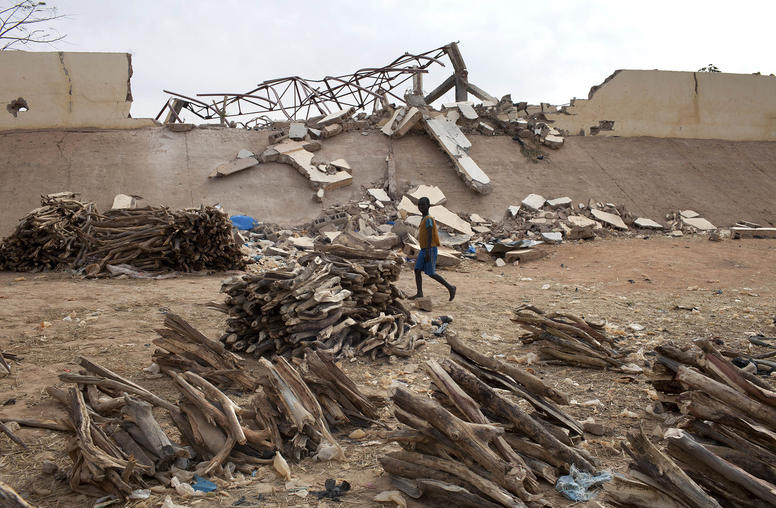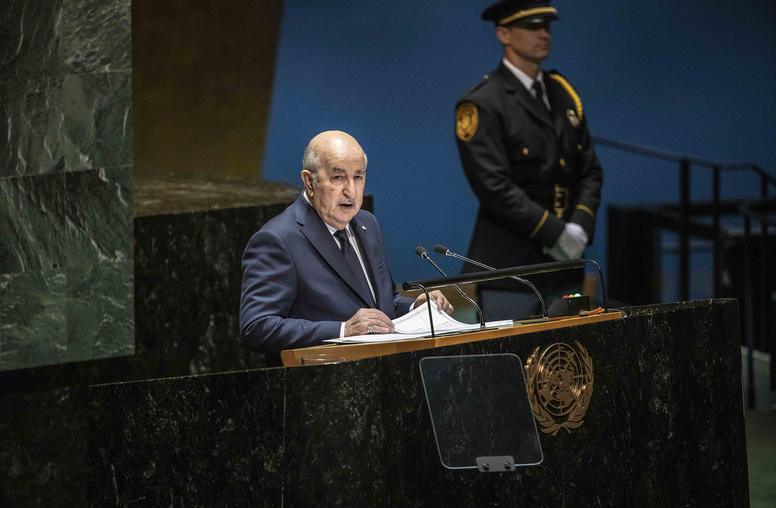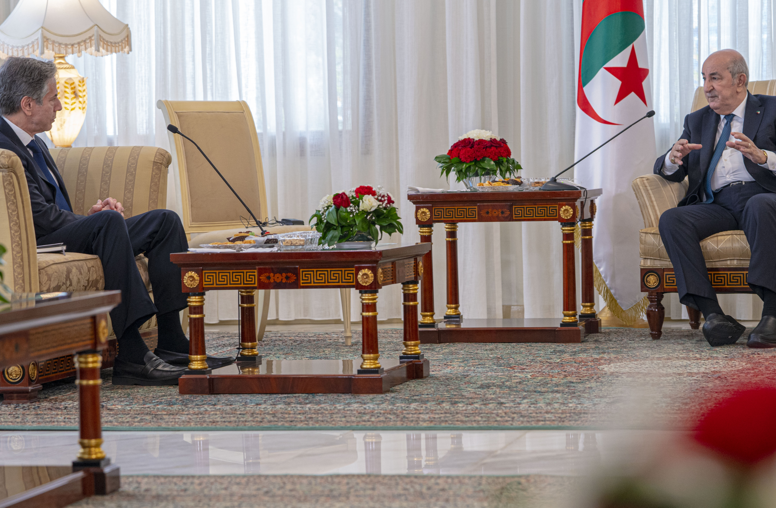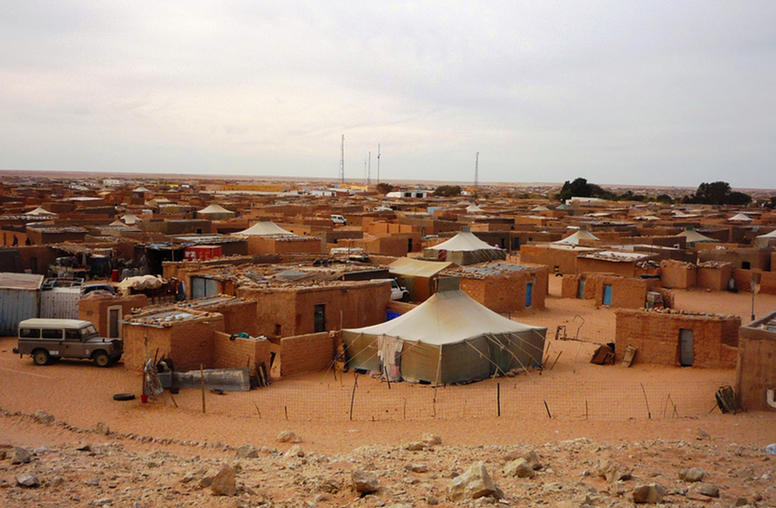Food Insecurity’s Impact on Conflict Merits a Closer Look
A new report from the Woodrow Wilson International Center for Scholars illuminates the connections between conflict and food insecurity admirably, even as it recognizes that considerable work remains to be done on how food-related problems actually promote or alter conflict.
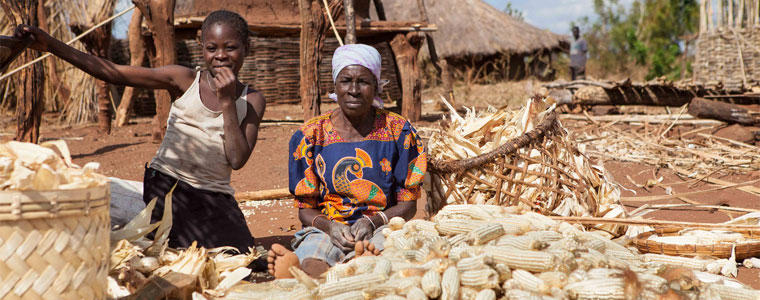
“We do not yet understand what levels or aspects of food insecurity are most likely, in what circumstances, to directly contribute to or cause conflict,” according to "Harvesting Peace: Food Security, Conflict, and Cooperation," a report that both summarizes research on the topic and frankly points out gaps in our understanding. The report, which draws on earlier discussions among experts convened by the Wilson Center, is written by Emmy Simmons, an author and independent consultant with long experience on humanitarian food issues.
“While the evidence that conflict causes food insecurity is clear and unassailable, the case that food insecurity directly causes conflict is more difficult to make, in part because there are so many underlying causes of food insecurity. There is, however, an emerging consensus that food insecurity joins with other factors to worsen instability in societies, economies, and polities,” her report adds.
Joseph Hewitt, an expert at the Office of Conflict Management and Mitigation at the U.S. Agency for International Development (USAID), put it well at a report launch event this month at the Wilson Center: “Food security does not cause conflict in the same way that applying heat to water causes it to boil.” Rather, he said, it joins with other potential conflict-promoting factors, including poor governance, popular grievances against governments and inter-community tensions. Henk-Jen Brinkman, chief of the Policy, Planning and Application Branch of the United Nations Peacebuilding Support Office, called food insecurity “a threat multiplier” and noted the persistence in some conflict zones a “vicious cycle from violence to food insecurity and from food insecurity to violence that needs to be broken.”
The concept of food security entails such factors as accessibility, sufficiency and stability of supply, and how food is used in conjunction with other basic needs, including clean water, sanitation and health care.
Much of the recent record on conflict leading to food insecurity has been documented. In Sudan’s Darfur region, the government of Sudan has used destruction of food-producing assets to try to undermine the region’s rebels, what one analyst who is quoted in the report calls “famine on the cheap—famine and scorched earth [as] their weapons of choice.” Studies, including by the U.N.’s Food and Agriculture Organization, chart agricultural losses due to wars. Other reports discuss how conflict has directly disrupted evidence, and, in general, food problems seem to exert effects on conflict through their interplay with other disputes and grievances. One rather clear-cut exception is the phenomenon of rapid hikes in food prices as a trigger for civil unrest. The report notes that when global grain price increases hit in 2008, unrest followed in more than 40 countries. Bread riots have flared at key moments throughout history. And recently, cuts in government bread subsidies helped fuel some of the Arab Spring’s uprisings.
The report also mentions research that indicates competition over land, water and livestock between communities can deepen ongoing conflicts. Food scarcity has also encouraged the migration of young men to Algeria and Libya, where some were swayed by revolutionary views and then returned to northern Mali to fight against a government that they believe had treated them unfairly. And food insecurity for some individuals “may give incentives” to them to join rebellions, the report argues.
The Wilson Center report suggests that USAID has “immediate opportunities” to use and refine its approach to conflict and food security through its assistance to 19 “Feed the Future” countries. It describes Mali, in particular, as offering a “unique opportunity” to meld conflict-sensitive development assistance with humanitarian aid.
More broadly, the report urges researchers to include food insecurity factors in analyzing conflict. The greater clarity that could emerge from a focus on food issues in future conflict studies could help USAID, the U.S. Institute of Peace (USIP) and nongovernmental organizations adapt their work in the field to advance both food security and peace. A core goal of USIP is to help prevent violent international conflict, and the intersections between resource issues and conflict will be receiving more attention at the Institute in the future. As Paul Hughes, USIP’s senior advisor for international security and peacebuilding said recently, “We see resource scarcities as drivers of conflict.”
Thomas Omestad is a senior writer at USIP.
